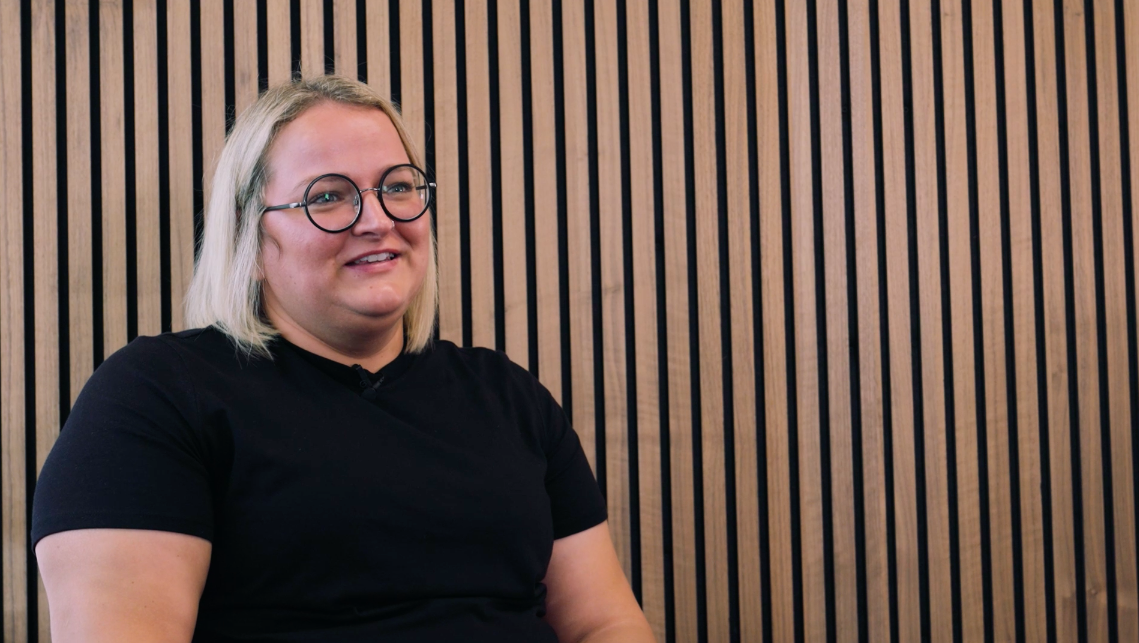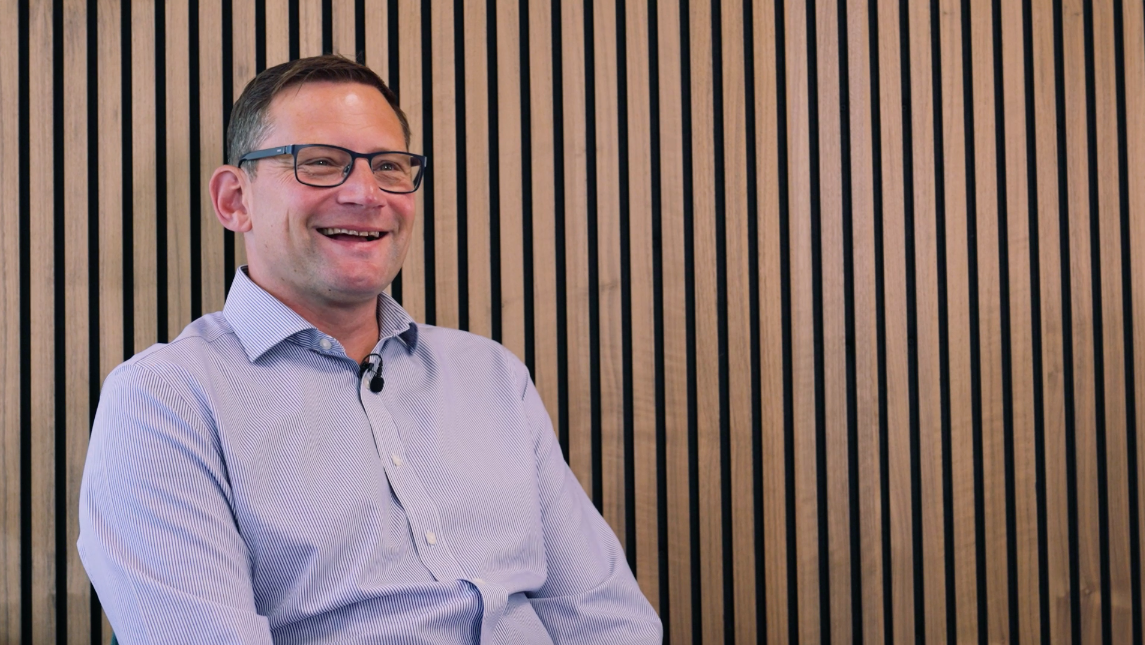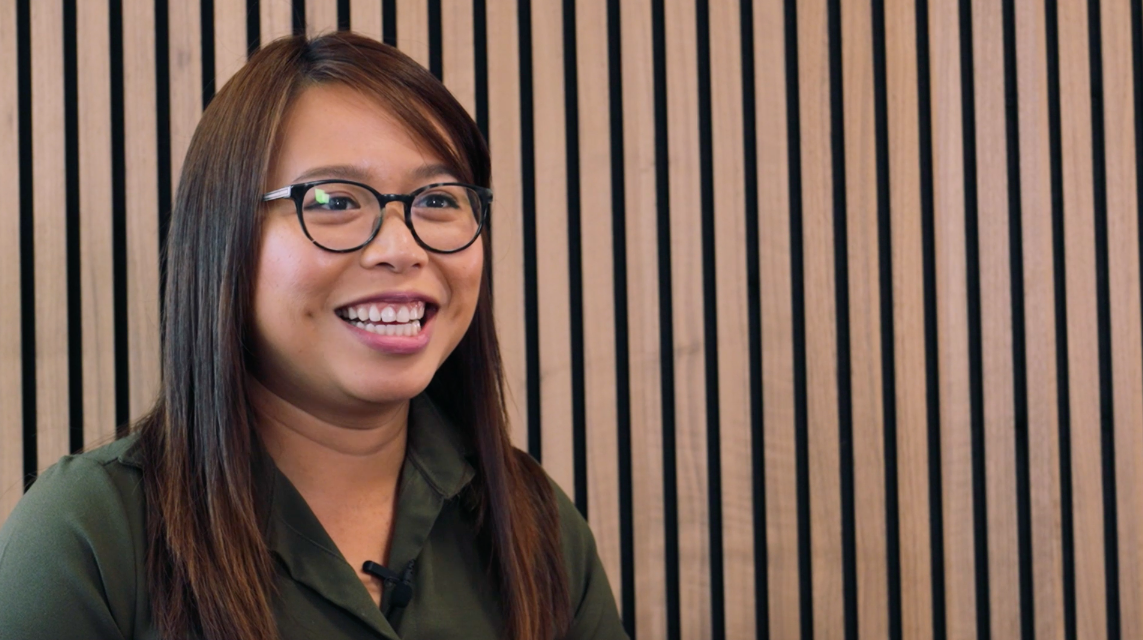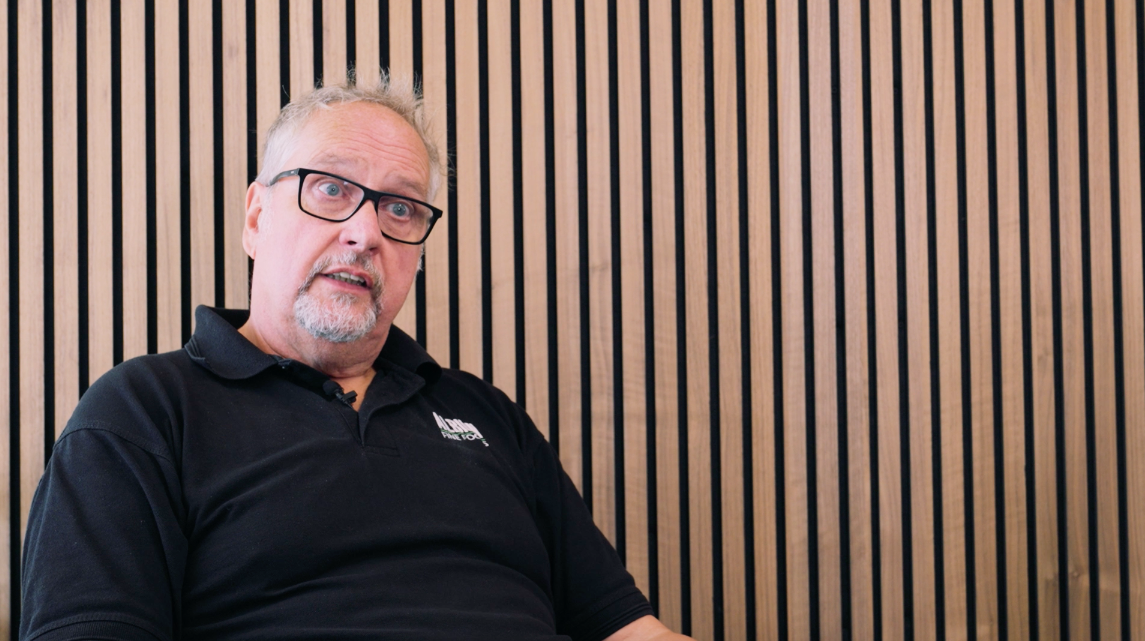Three ways to think about subject and career
Three ways to think about subject and career

Considering the subjects you like - and why you enjoy them - is an easy way to start thinking about your career. And it's win-win, as understanding how school subjects connect to the world of work can boost your motivation too.
1. Look for the links
Start with the obvious path between subjects and jobs – maths to mathematician, psychology to psychologist, law to lawyer.
In reality, few people go on to careers exactly related to a school subject but there is often some sort of link. So if you love PE, what about a career in sport? If you’re good at English, why not explore options that involve writing?
2. Go wide
Next, try thinking more broadly. What connections can you make with your subject and areas of work?
Key skills in history include research, developing an argument, and presenting your ideas in clear and logical way. These are all useful for careers in politics, law, or journalism.
3. Drill down
Finally, try to pinpoint what exactly you like about your favourite subjects and what parts of other subjects you enjoy. Is there a topic or project that really stands out?
Geography includes elements of environmental studies, economics, geology, and town planning. You can study all of these as separate subjects and go on to a range of careers. But if you like being on field trips best, then jobs which involve working outdoors may suit you better, such as a forestry manager or a surveyor.
Draw up a brief list and use this as a starting point to explore possible careers.
Find out more
Try exploring icould videos by your favourite subject – which jobs appeal to you?





